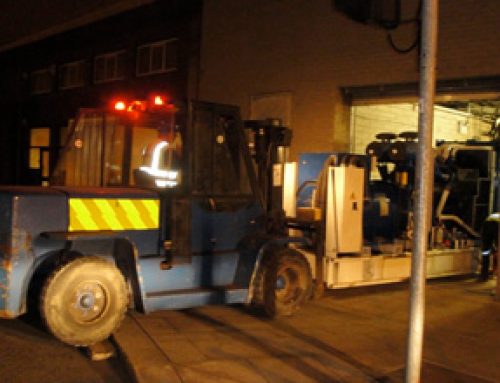The following recommendations and guidelines should form part of any good engine/generator preventative maintenance program.

Weekly
A visual check should be made for fuel and oil leaks and any abnormal noises investigatedEngine fluids, gauges, and instruments should be checked. The generator should be started and operated either with or without an electrical load. Note. It is not good practice on larger engines over a 1000kva to run for long periods without any load as this can cause engine slobber or cylinder glazing. Such light running may cause fuel deposits to collect in the combustion chamber, injector nozzles, piston rings and turbocharger exhaust system could result in a reduced engine output capacity. Generally as a rule of thumb when testing without any load, run the generator until the engine has reached temperature rather than to a randomly selected time period.
Monthly
The unit should be run for 30 to 40 minutes under actual load and all the weekly-check items observed. Engine cranking & battery electrolyte levels should be checked with the battery specific gravity hydrometer readings taken where maintenance free batteries are not installed. (Scheduled load bank testing increases in importance in cases where it is unfeasible to test the generator under load on a regular basis.)
6 Monthly
Every six months a thorough inspection should be made of the entire cooling, fuel, starting system, lubricating oil, and air intake/exhaust systems. Oil should be checked to confirm its integrity and replaced if necessary.
Annually
Every year or 250 engine-operating hours the engine oil, and oil, air and fuel filters should be changed. The condition of the engine coolant should also be verified. The engine/generator should undergo a resistance/reactance load bank test over its full load range for a minimum of 1 hour to burn off any accumulated deposits and preserve engine output capability.
Bi-annually
Every 2 years the engine coolant system should be thoroughly flushed and refilled where long life coolant is not appropriate or recommended. Upper and lower radiator hoses, belts, and block heater hoses should be closely inspected and replaced where necessary. Safety control systems and panels should also be checked with the generator exciter stator and rotor windings checked with a megger to detect any issues with insulation.





